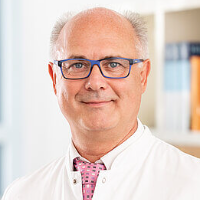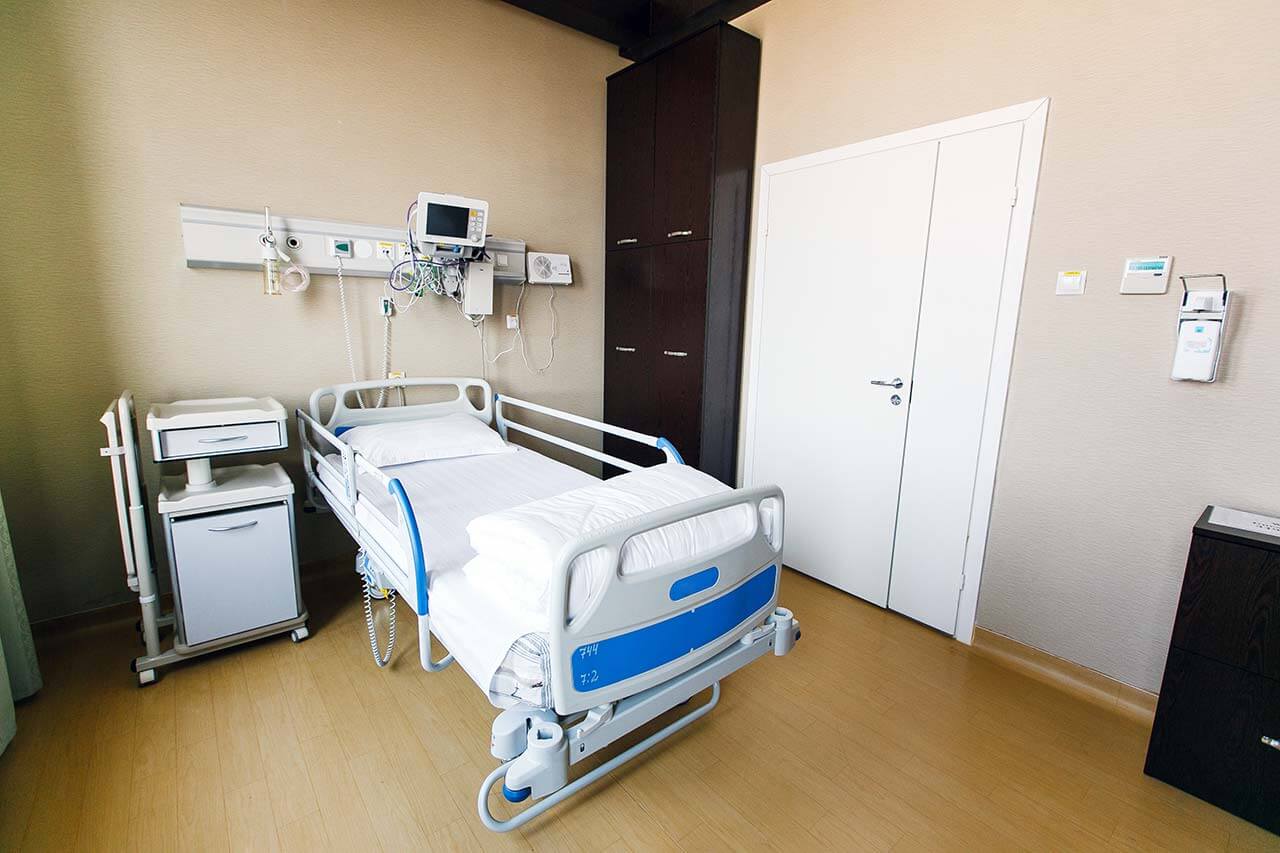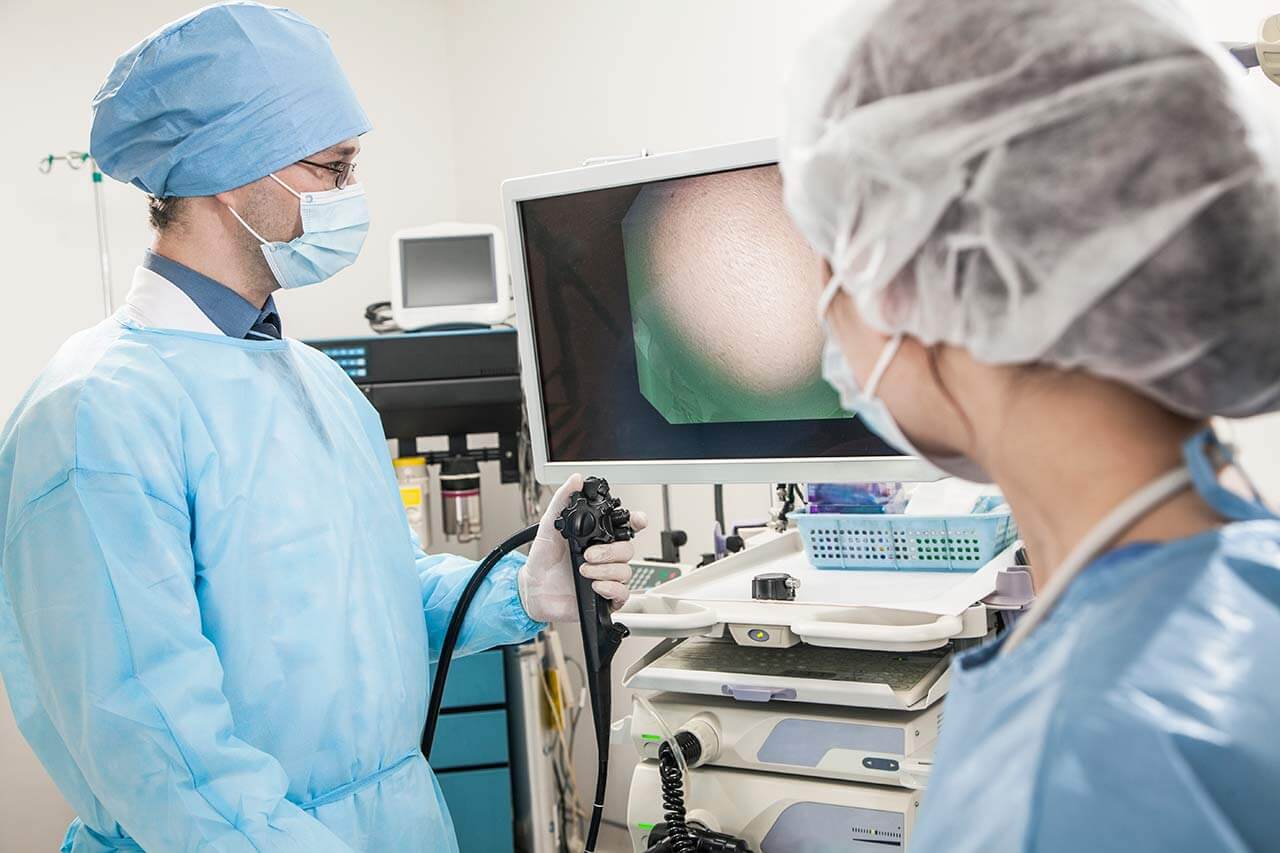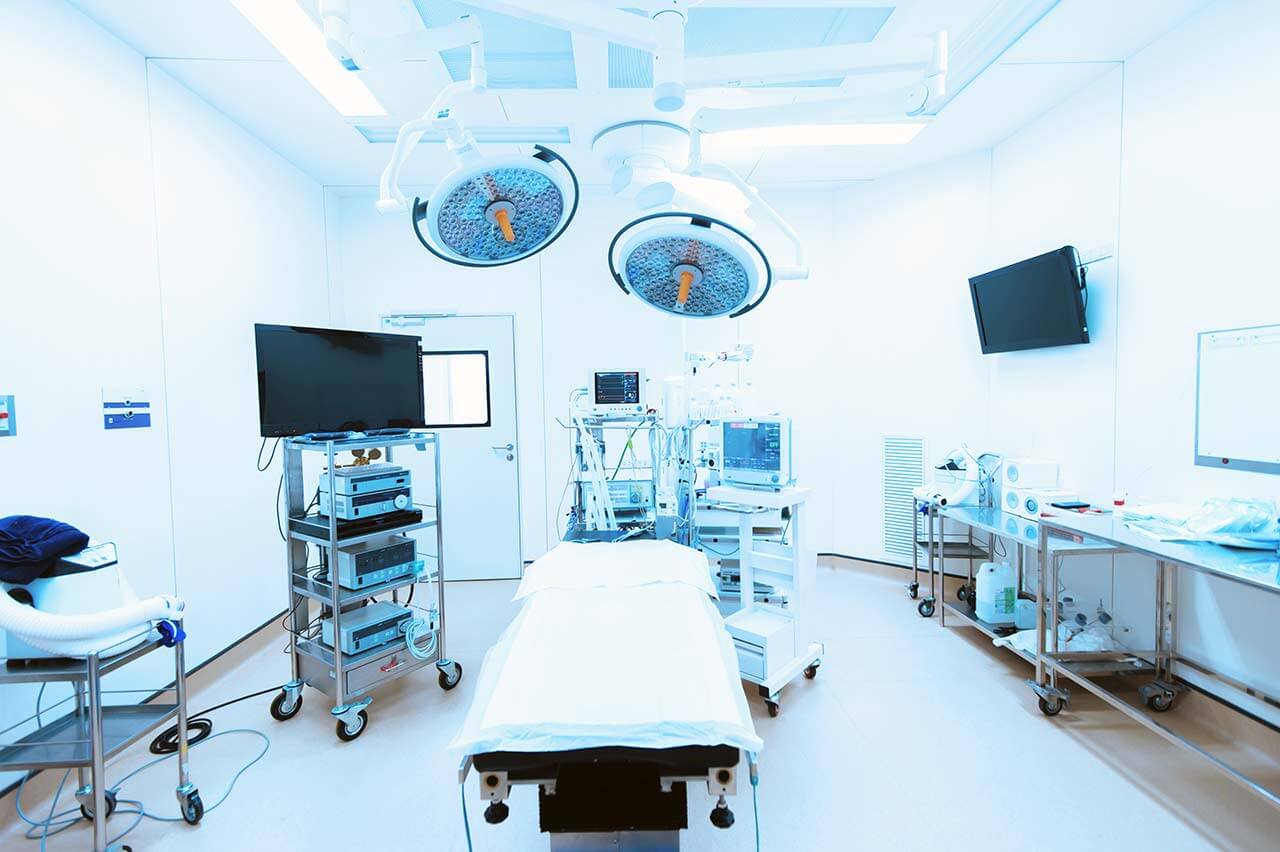
The program includes:
For 2 weeks before birth:
- Initial presentation in the clinic
- clinical history taking
- physical examination
- review of medical records
- laboratory tests:
- complete blood count
- biochemical analysis of blood
- indicators of inflammation (CRP, ESR)
- indicators blood coagulation
- pelvic ultrasound
- gynecological examination:
- transvaginal ultrasound
- colposcopy
- scraping with subsequent analysis
- fetal examination:
- 3 D sonography
- determine fetal position before delivery
- CTG
- nursing services
- treatment by chief physician and all leading experts
- maintaining an obstetrician until birth
Day of birth
- gynecological examination
- fetal examination
- preparation according to preoperative standard
- cesarean section
- symptomatic treatment
- control examinations
- the cost of essential medicines and materials
- nursing services
- full hospital accommodation
- explanation of future recommendations
After birth
- maintaining an obstetrician after birth
- examination during the postnatal period (during the first three weeks)
- control gynecological examinations during the postnatal period
- the first pediatric examination of the newborn
Required documents
- Medical records, obstetric history
Service
You may also book:
 BookingHealth Price from:
BookingHealth Price from:
About the department
The Department of Gynecology, Obstetrics and Mammology at the Luisenhospital Aachen provides diagnostics and effective treatment of diseases of the female reproductive system and breast pathologies, pregnancy management in all trimesters, childbirth, and postnatal care. The department's specialists have impressive experience in the treatment of breast cancer, urinary incontinence, and pelvic organ prolapse. Patients suffering from the above-mentioned pathologies are treated at highly specialized centers that have ÄKzert and DIN EN ISO 9001:2015 certifications. The medical facility is also one of the best in the region in the treatment of menorrhagia (heavy menstrual bleeding) using the innovative NovaSure technique. About 100 such procedures are performed here every year. The department's gynecologists work in state-of-the-art operating rooms adapted for minimally invasive surgical interventions, including laparoscopic supracervical hysterectomy (LASH), total laparoscopic hysterectomy (TLH), laparoscopically assisted vaginal hysterectomy (LAVH), hysteroscopy, etc. Whenever possible, breast specialists perform organ preservation surgery for breast cancer, and in cases requiring a mastectomy, women are offered reconstructive plastic surgery. Childbirth takes place in modern delivery rooms, where everything is available for a comfortable and safe delivery. The department is headed by Dr. med. Uwe Heindrichs.
The department offers high-quality medical care to women with benign and malignant gynecologic diseases. As for benign diseases, the department's doctors most often treat endometriosis, ovarian cysts, and uterine myomas. In many cases, benign gynecological diseases respond well to conservative therapy, but in advanced stages, minimally invasive procedures are often performed. To remove ovarian cysts, large uterine myomas, or endometriosis foci, the department's gynecologists perform minimally traumatic laparoscopic or hysteroscopic interventions that allow for the preservation of the affected organs, which plays an important role for young women planning to have children in the future. Laparoscopic and hysteroscopic interventions are often performed on an outpatient basis. These operations not only provide patients with excellent therapeutic results but also leave barely noticeable scars.
The department's medical team also specializes in the treatment of menorrhagia (heavy menstrual bleeding) using the innovative NovaSure endometrial ablation technique. When performing this procedure, gynecologists remove the inner mucous layer of the uterine wall that causes heavy uterine bleeding. The NovaSure procedure is performed under sedation on an outpatient basis. The duration of the manipulation is about 5 minutes. The department performs about 100 NovaSure endometrial ablation procedures every year.
The department has vast experience in providing medical care to women with cancer of the reproductive system. The most common types of oncological diseases in the department's clinical practice are uterine, ovarian, and vulvar cancers. The treatment is based on the surgical resection of the malignant tumor, and in the advanced stages, it is often necessary to remove the affected organ. The department's specialists use modern low-traumatic surgical techniques, such as laparoscopic supracervical hysterectomy (LASH), total laparoscopic hysterectomy (TLH), and laparoscopically assisted vaginal hysterectomy (LAVH). After these surgical interventions, women recover faster and experience significantly less pain in the postoperative period. When treating young women with malignant gynecologic diseases, doctors strive to preserve fertility. Surgical treatment is supplemented with chemotherapy, radiation therapy, hormone therapy, targeted therapy, and other types of systemic treatment to completely destroy malignant cells.
An important focus in the clinical practice of the department's gynecologists is the treatment of urinary incontinence and pelvic organ prolapse. These conditions are more common in older women, but they can also be diagnosed in young women, as a rule, after childbirth. The department offers both conservative and surgical methods for treating urinary incontinence. With appropriate clinical indications, the specialists strive to perform only conservative therapy, namely hormone therapy, pessary therapy, electrical stimulation, and therapeutic exercises to strengthen the pelvic floor muscles. In complex clinical cases, gynecologists perform surgical treatment for urinary incontinence. The most effective interventions are sling operations to place synthetic mesh implants. Pelvic organ prolapse is treated in the department with minimally traumatic laparoscopic and transvaginal interventions.
The department houses the Breast Center, whose specialists provide diagnostics, treatment, and follow-up care for patients with breast cancer. The center offers medical services in accordance with the modern medical standards of the European Society of Mastology (EUSOMA). The department's breast specialists prioritize personalized treatment, taking into account the peculiarities of each specific clinical case. They therefore hold weekly tumor boards with the participation of breast specialists, oncologists, radiologists, and radiation therapists. The main treatment method for breast cancer is a surgical intervention to resect a malignant tumor, and in the advanced stages, the removal of the affected organ is often required. The department's breast specialists give preference to organ preservation surgery and always strive to preserve the patient's breast. When it is not possible, the experienced reconstructive plastic surgeons who successfully perform breast plastic surgery are involved in the therapeutic process. Surgical treatment is usually complemented by chemotherapy, radiation therapy, hormone therapy, and other procedures, which are carried out by oncologists.
The department's team of obstetricians offers the full range of services in the area of its specialization, from comprehensive pregnancy management to postnatal care for mother and child. Upon admission to the department, physicians accurately study the patient's medical history and hold consultations to exclude risk factors for the woman and baby. Advanced ultrasound systems allow the doctors to monitor the course of pregnancy in all trimesters, and if congenital abnormalities are detected in the womb, they can plan the optimal treatment for the child in advance. Childbirth takes place in comfortable delivery rooms equipped in accordance with modern standards. In addition to conventional births, water births are also performed here. Obstetricians also offer various pain management methods, including relaxing baths, acupuncture, homeopathy, and epidural anesthesia, for the comfort of expectant mothers.
The department's key clinical focuses include:
- Gynecology
- Conservative and surgical treatment of malignant diseases of the female reproductive system
- Uterine cancer
- Ovarian cancer
- Vulvar cancer
- Conservative and surgical treatment of benign diseases of the female reproductive system
- Uterine myomas
- Endometriosis
- Ovarian cysts
- Pelvic adhesions
- Menorrhagia (heavy menstrual bleeding)
- Genital warts
- Ectopic pregnancy
- Conservative and surgical treatment of urogynecologic diseases
- Urinary incontinence
- Pelvic organ prolapse
- Conservative and surgical treatment of malignant diseases of the female reproductive system
- Mammology
- Conservative and surgical treatment of breast diseases in women and men
- Breast cancer
- Benign breast tumors
- Conservative and surgical treatment of breast diseases in women and men
- Obstetrics
- Comprehensive management of pregnancies
- Childbirth: natural birth, water birth, and sitting birth
- Postnatal care for mother and baby
- Other medical services
Curriculum vitae
Higher Education and Professional Career
- 1983 - 1990 Medical studies, RWTH Aachen University.
- 1994 Thesis defense. Subject: "Esophageal manometry".
- 1990 - 1997 Internship and residency, Department of Gynecology, University Hospital RWTH Aachen.
- 1997 - 2000 Gynecologist, Hospital Bardenberg, specialization: treatment of gestational diabetes mellitus, gynecologic surgery, and mammology; additional qualifications in basic psychosomatic care.
- 2001 Senior Physician, Department of Gynecology, University Hospital RWTH Aachen.
- 2003 Managing Senior Physician, Department of Mammology.
- 2003 Establishment of the Breast Center.
- 2004 Acting Head of the Department of Gynecology (specialization: Mammology), University Hospital RWTH Aachen.
- 2005 Certified Breast Surgeon and Instructor in Breast Surgery, Working Group for Reconstructive Surgery in Oncology-Gynecology (AWOgyn).
- 2006 Head of the Interdisciplinary Board for Psycho-Oncology in Worpswede and Bamberg.
- 2006 International accreditation of the Breast Center (EUSOMA).
- 2009 Managing Senior Physician, Department of Gynecology, University Hospital RWTH Aachen.
- 2009 Co-Founder of the Comprehensive Cancer Center (ECCA).
- 2012 Head Physician, Department of Gynecology and Obstetrics, ÖVK Hospital Trier.
- 2012 Specialist in Gynecologic Oncology, including Tumor Drug Therapy.
- 2012 Specialization in Obstetrics and Perinatal Medicine.
- 2012 Head Physician, Department of Gynecology and Obstetrics, Bethlehem Health Center Stolberg.
- 09.2014 - 01.2019 Deputy Professor for Obstetrics, University of Health Sciences, Bochum.
- 2018 Head Physician, Department of Gynecology, Obstetrics and Mammology, Luisenhospital Aachen.
- 2019 Professorship in Medicine (part-time), specialization in Gynecology and Obstetrics, University of Health Sciences, Bochum.
Photo of the doctor: (c) Luisenhospital Aachen
About hospital
The Luisenhospital Aachen is a modern health facility that offers top-class European-standard service. The medical complex is an academic hospital of RWTH Aachen University, which provides patients with access to innovations in diagnosis and treatment. The hospital first opened its doors to patients in 1967 and has been carrying out a successful clinical practice for more than 155 years.
The hospital has 15 specialized departments, each of which employs a team of experienced and competent specialists who prioritize patients' health. The main areas of clinical activity at the hospital are general surgery, abdominal surgery, thoracic surgery, vascular surgery, plastic surgery, gastroenterology, cardiology, endocrinology, gynecology, obstetrics, mammology, traumatology, and orthopedics.
More than 17,000 inpatients and about 37,600 outpatients are treated in the hospital every year. The team of physicians consists of more than 160 specialists, while the nursing staff consists of about 500 employees. It is noteworthy that the hospital's doctors regularly admit patients from abroad, so the hospital has gained unique experience in working with international patients.
The hospital provides patients with all the necessary conditions for maximum comfort. The medical staff strives to surround the patient with care and take into account their individual needs. The basis of the work of the hospital's team lies in its own slogan: "Thorough care for a patient and their needs". The good reputation of the hospital in the European medical arena and the constant growth in the number of people wishing to be treated here are the best evidence of the excellent medical care provided here.
Photo: (с) depositphotos
Accommodation in hospital
Patients rooms
The patients of the Luisenhospital Aachen live in comfortable single and double rooms. The standard patient room furnishings include an automatically adjustable bed, a bedside table with a pull-out tray, a wardrobe, a table, chairs, a TV, and a telephone. Each patient room has an ensuite bathroom with a shower and a toilet.
Patients are also offered accommodation in enhanced-comfort rooms. Such patient rooms have a more sophisticated design and are additionally equipped with a safe, a mini-fridge, and a cozy space with upholstered furniture.
Meals and Menus
Patients in the hospital are offered three tasty and balanced meals a day. Patients have a choice of three set menus, including dietary ones. If, for some reason, you do not eat all the foods, you will be offered an individual menu. Please inform the medical staff about your dietary preferences prior to treatment.
There is a cozy cafe, Caféhaus Luise, on the ground floor of the hospital, where patients can enjoy delicious main courses, snacks, pastries, cakes, and pies. The cafe also offers a wide range of hot and cold drinks. In the warm season, patients can have lunch, snacks, or enjoy a cup of coffee or tea with dessert on the beautiful terrace.
Further details
Standard rooms include:
Religion
The hospital has a special hall where Catholic and Evangelical worship is held every Sunday morning. It is also a place of solitude for prayer on any day and at any time of day.
The services of representatives of other religions are available upon request.
Accompanying person
Your accompanying person may stay with you in your patient room or at the hotel of your choice during the inpatient program.
Hotel
You may stay at the hotel of your choice during the outpatient program. Our managers will support you for selecting the best option.





